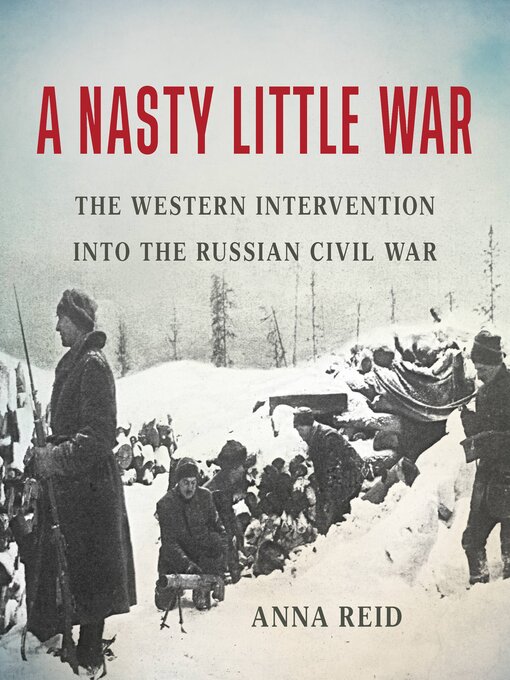- New eBook additions
- How Does Your Garden Grow?
- National Poetry Month
- 250th Anniversary of the American Revolution
- Lucky Day, No Holds! (Loan period is 7 days)
- Available now
- Check it out--great reads without the wait!
- Most popular
- New kids additions
- New teen additions
- Try something different
- Classics Available Now
- See all ebooks collections
- New audiobook additions
- How Does Your Garden Grow?
- National Poetry Month
- 250th Anniversary of the American Revolution
- Most popular
- Available now
- Lucky Day, No Holds! (Loan period is 7 days)
- New teen additions
- New kids additions
- Try something different
- See all audiobooks collections




